Events
Our events bring together knowledgeable panellists and diverse subject experts from across the humanitarian space. Explore our upcoming events and access recordings of our past talks, workshops, and panel discussions.
Upcoming events
Explore our upcoming event schedule and join the conversations.
Currently, there are no upcoming events. Sign up for our newsletter to stay informed about future events.
Stay updated with the latest insights
Sign up for our newsletter to receive regular updates on the latest resources, innovations, and research in the humanitarian sector. Don't miss out on important news and opportunities.
Previous events and recordings
Catch up on our past events and gain useful insight and knowledge from our library of recordings.
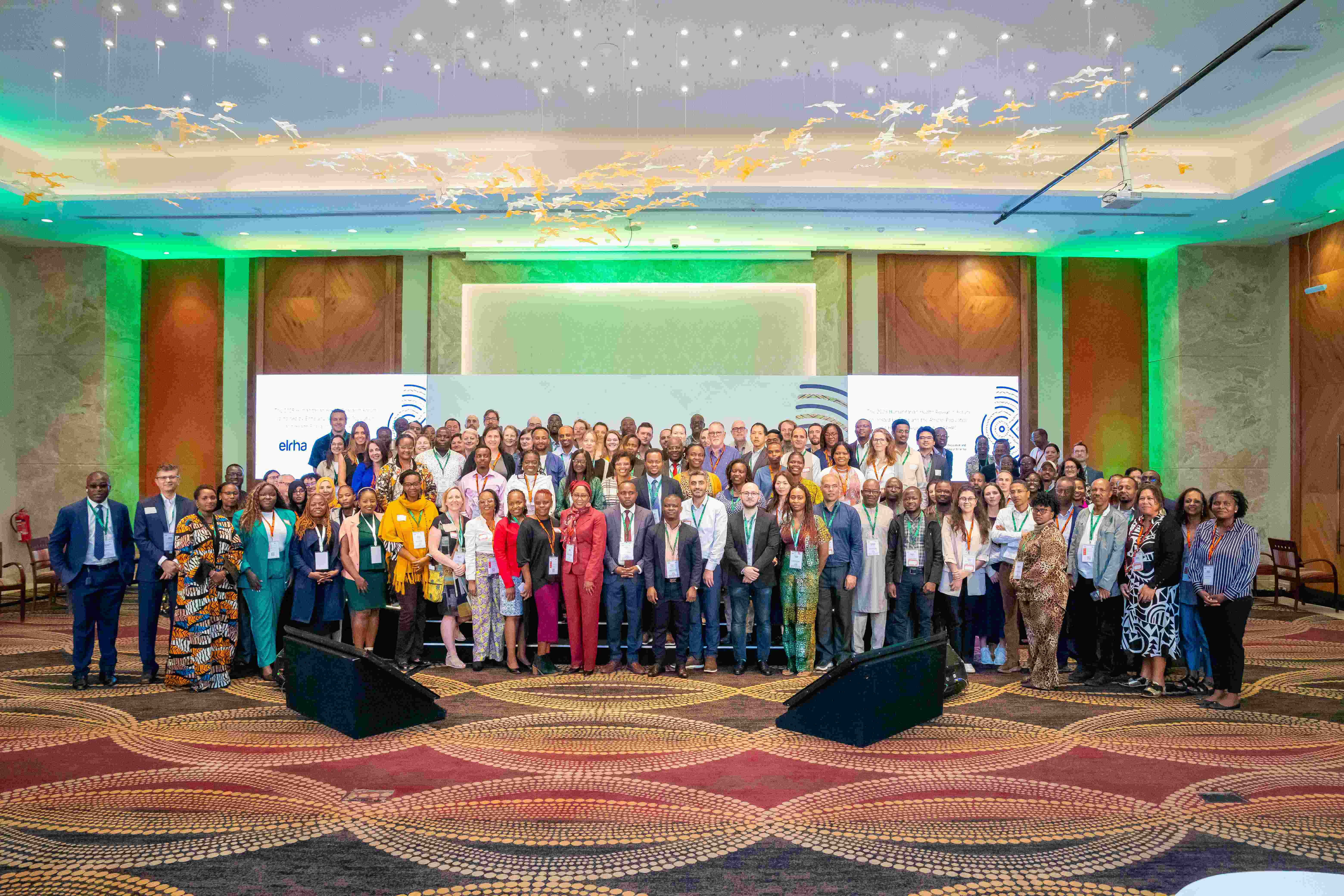
Elrha’s R2HC programme and the African Population and Health Research Center (APHRC) will co-host the 3-day Research Forum in Nairobi, Kenya, from 7-9 May, 2025. This collaborative event, for invited attendees, will focus on "Bridging Global Health Research and Humanitarian Response in a Climate-Impacted World."
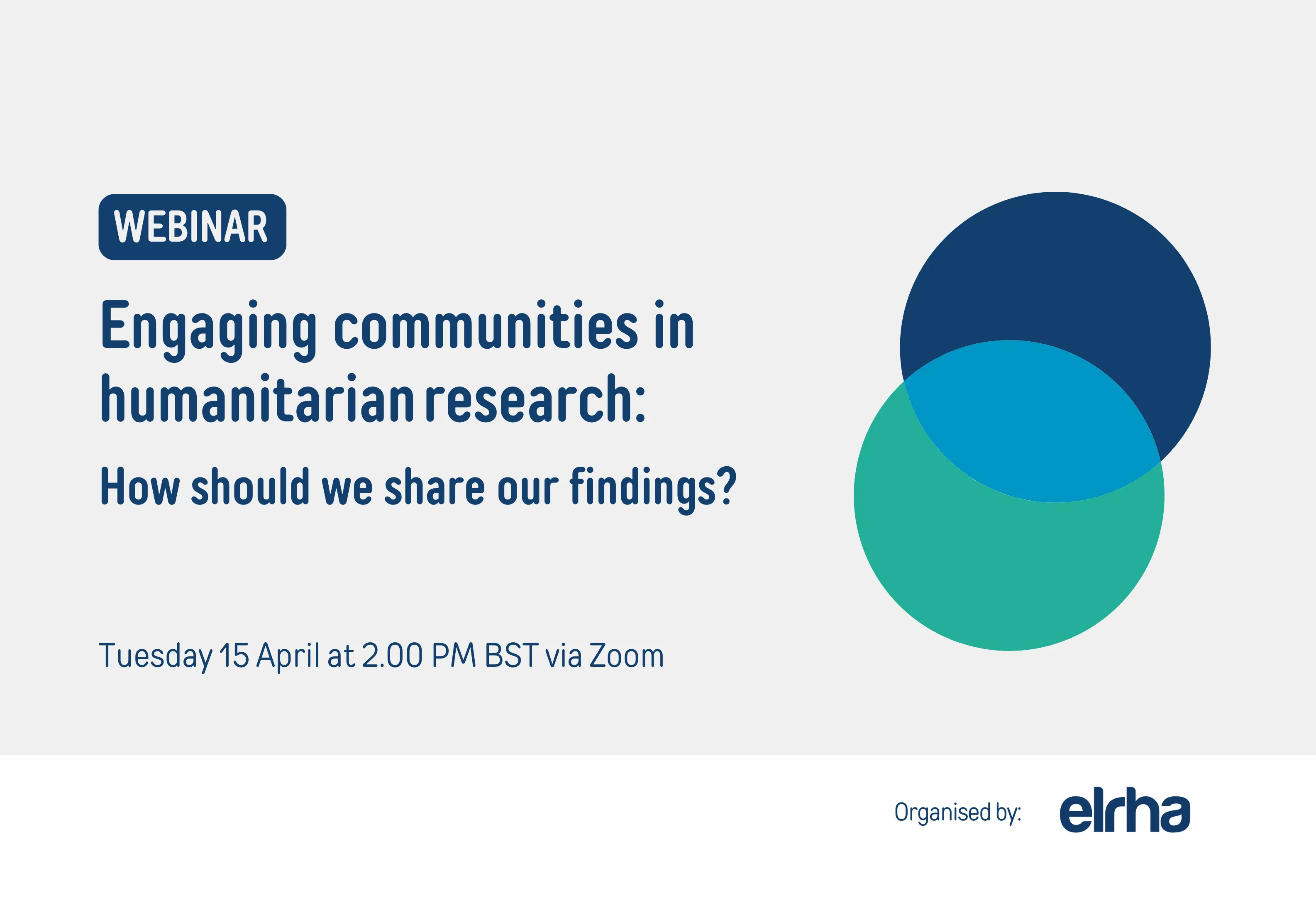
Join us on Tuesday 15 April 2025, 14.00-15.30 BST for a panel event sharing insights on community engagement and the restitution of findings - returning data, evidence and knowledge arising from research back to communities in a meaningful way. This 90-minute webinar will draw from the humanitarian and research communities to foster a learning discussion, informed by practical experiences and case examples, to inform good practice guidance to improve principles and guidance on restitution of findings.
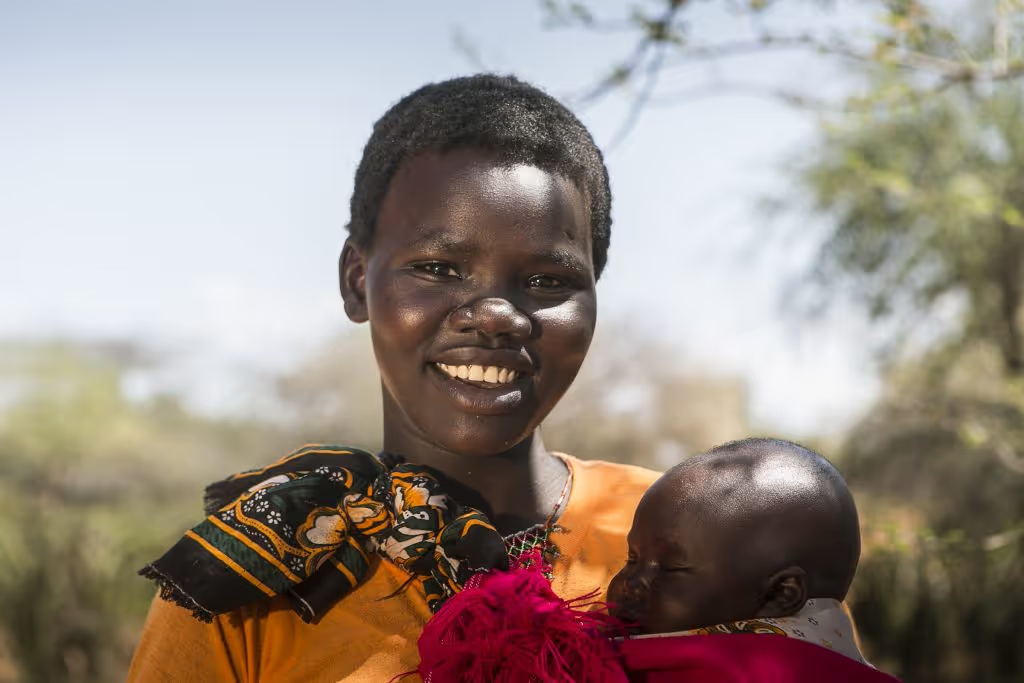
Gathering meaningful scientific evidence during an outbreak is challenging, particularly in dynamic, resource-limited settings where health systems are stretched and communities face overlapping challenges. Yet in these contexts, understanding how people perceive risk, make decisions, adapt, and show resilience is more critical than ever. Evidence on these important aspects brings real-life experiences into focus and provides a fuller picture to those leading outbreak response of what communities need, trust, and are willing to act on to protect themselves and others. This webinar marks the launch of WHO's interim guidance for social and behavioral research for mpox public health emergencies - the first of its kind - developed to strengthen the quality, ethics and impact of producing such evidence in an emergency response. The guidance builds on the outcomes of a multi-stakeholder meeting held in Kinshasa, Democratic Republic of the Congo, in 2024, which brought together Ministries of Health, researchers and academics, operational partners, civil-society organizations and funders to advance community-centred and evidence-informed mpox public health responses. The report form this meeting will also be launched at the webinar.
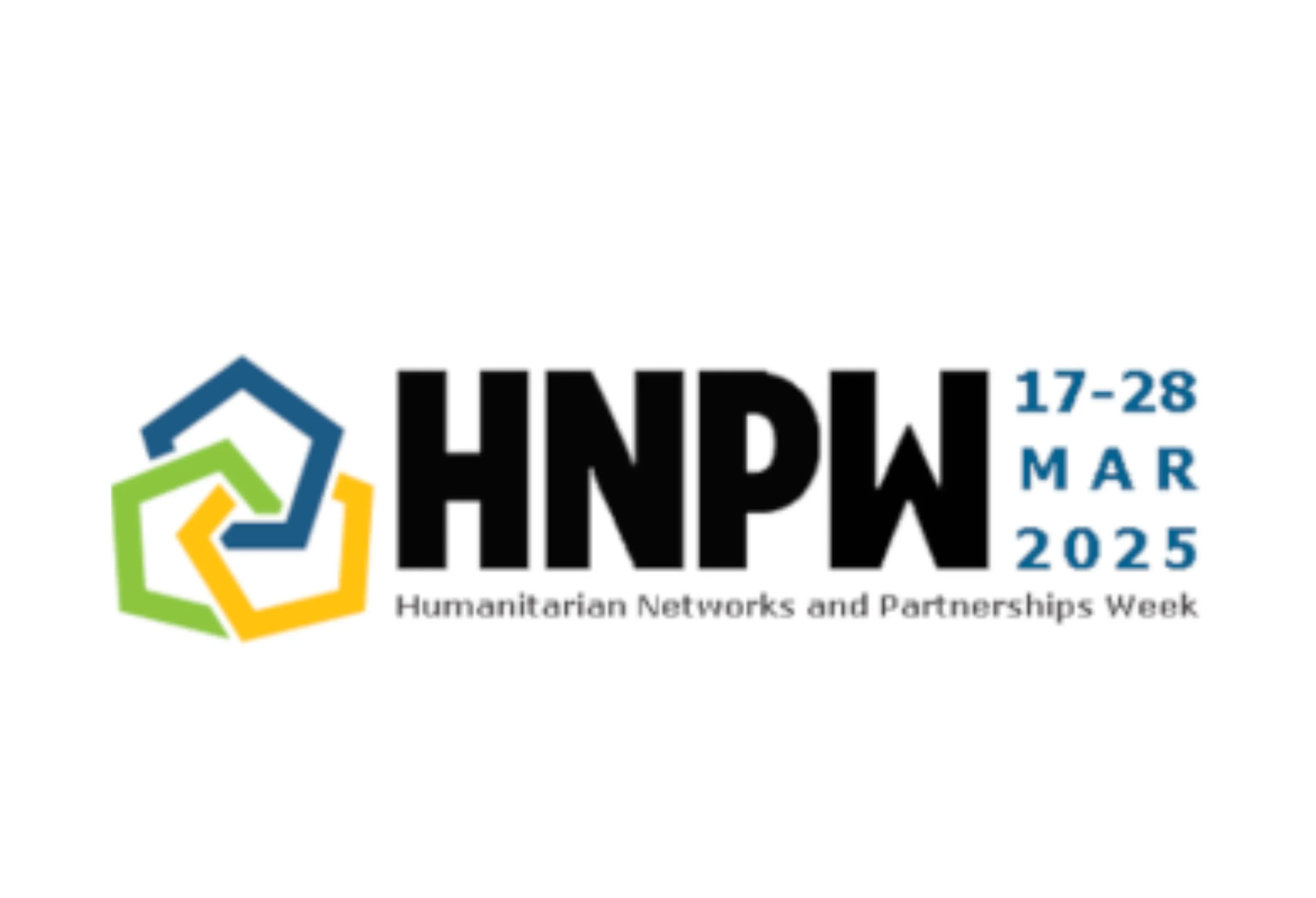
We are pleased to invite you to an engaging online session at the UN OCHA Humanitarian Networks and Partnerships Weeks (HNPW) 2025. This unique forum brings together actors and experts from across the humanitarian sector to collaborate on the challenges and solutions that shape humanitarian response and impact lives globally.
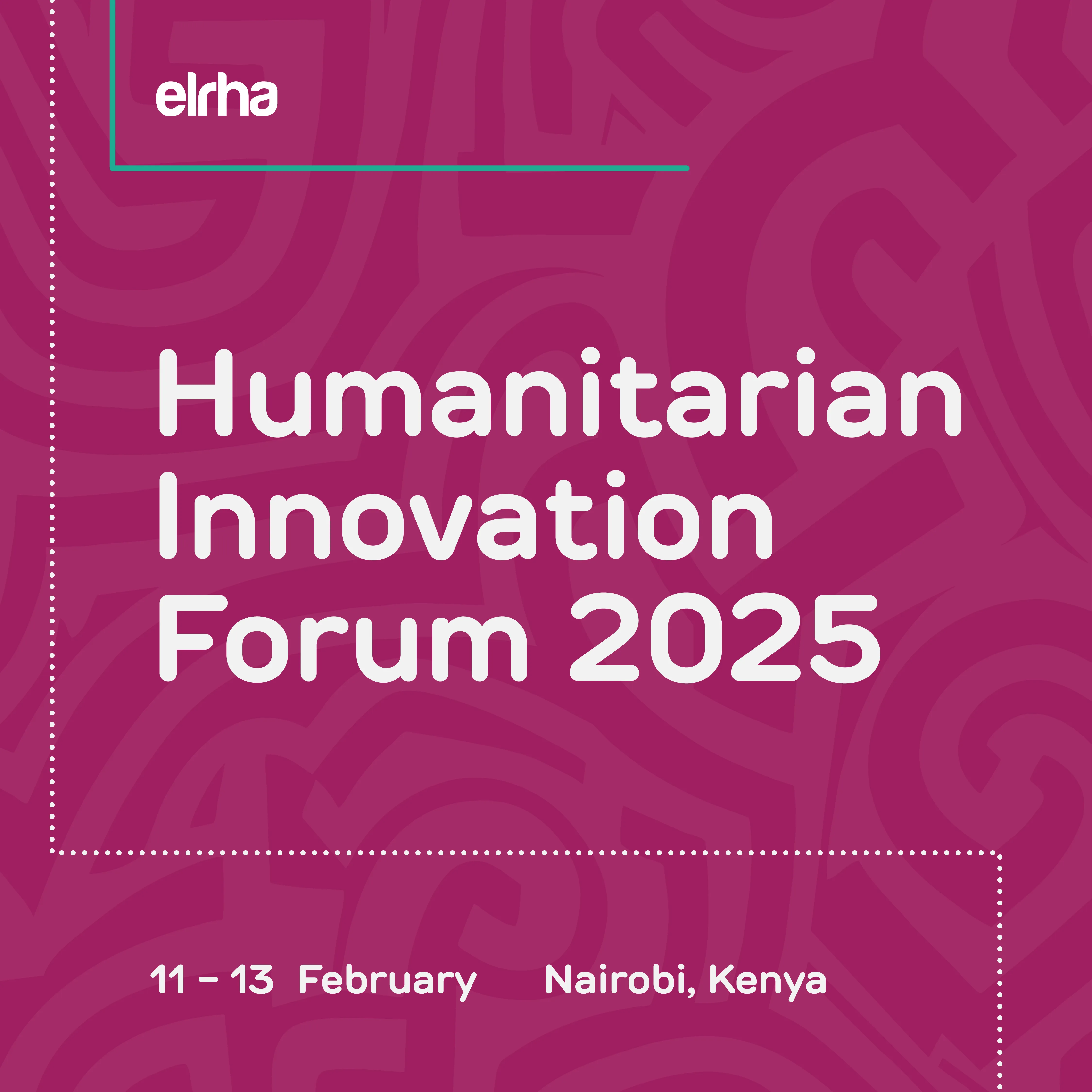
In February 2025, we hosted the Humanitarian Innovation Forum in Nairobi, Kenya. This collaborative and co-created event brought together a diverse group of innovators, decision-makers and funders to tackle some of the most pressing humanitarian challenges facing the world today.

Join us for a webinar mini-series showcasing two Elrha-funded innovations in humanitarian gender-based violence programming, and drawing out lessons learnt in the humanitarian innovation process. If you are a donor, innovator or practitioner, this series could inform you of what to fund, how best to innovate, and how to adopt new innovations.

Join us and the Fogarty International Center of the U.S. National Institutes of Health (NIH) for this webinar focused on humanitarian health research in the context of climate change. This hour-long webinar is part of a series in the lead-up to two in-person events in May 2025: Elrha’s Research for Health in Humanitarian Crises (R2HC) Forum and the NIH Global Forum on Humanitarian Health Research (GFH2R), both in Nairobi, Kenya. These events will bring together researchers and humanitarian organisations working in crisis-affected regions, especially in low- and middle-income countries (LMICs). Participants are also invited to join an optional 30-minute session including small, interactive breakout discussions. We aim to engage a broad audience, including academic institutions, research funders, and humanitarian organisations, to enhance understanding of key issues and perspectives in this field.
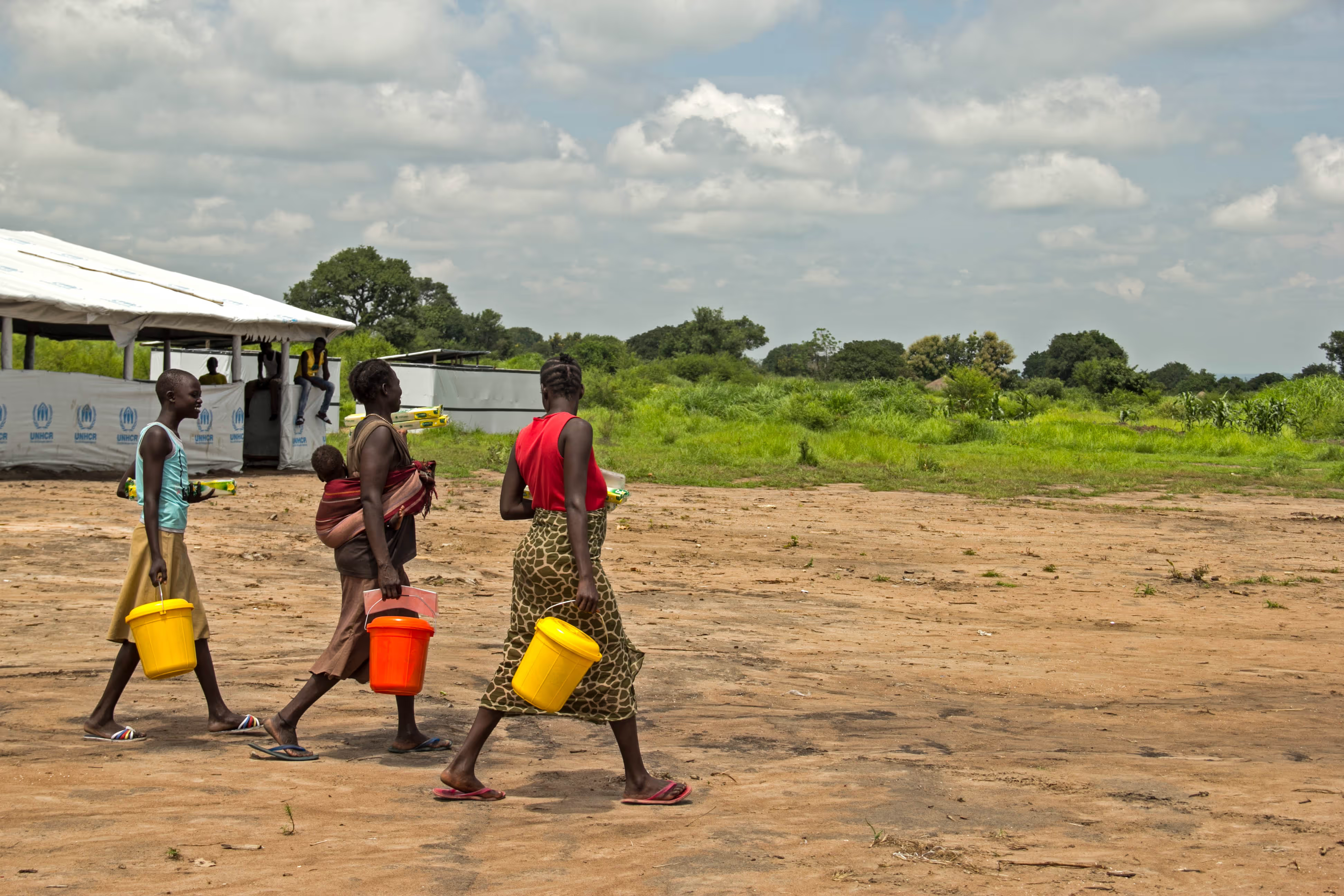
Join us for a one hour webinar bringing together experts to take stock of MHM in humanitarian response. Experts from the sector will reflect on their field experiences of delivering MHM in different humanitarian settings, examine what we have learned since this research was funded about cross-sectoral best practice, and the outstanding challenges and knowledge gaps for mainstreaming MHM in emergencies.
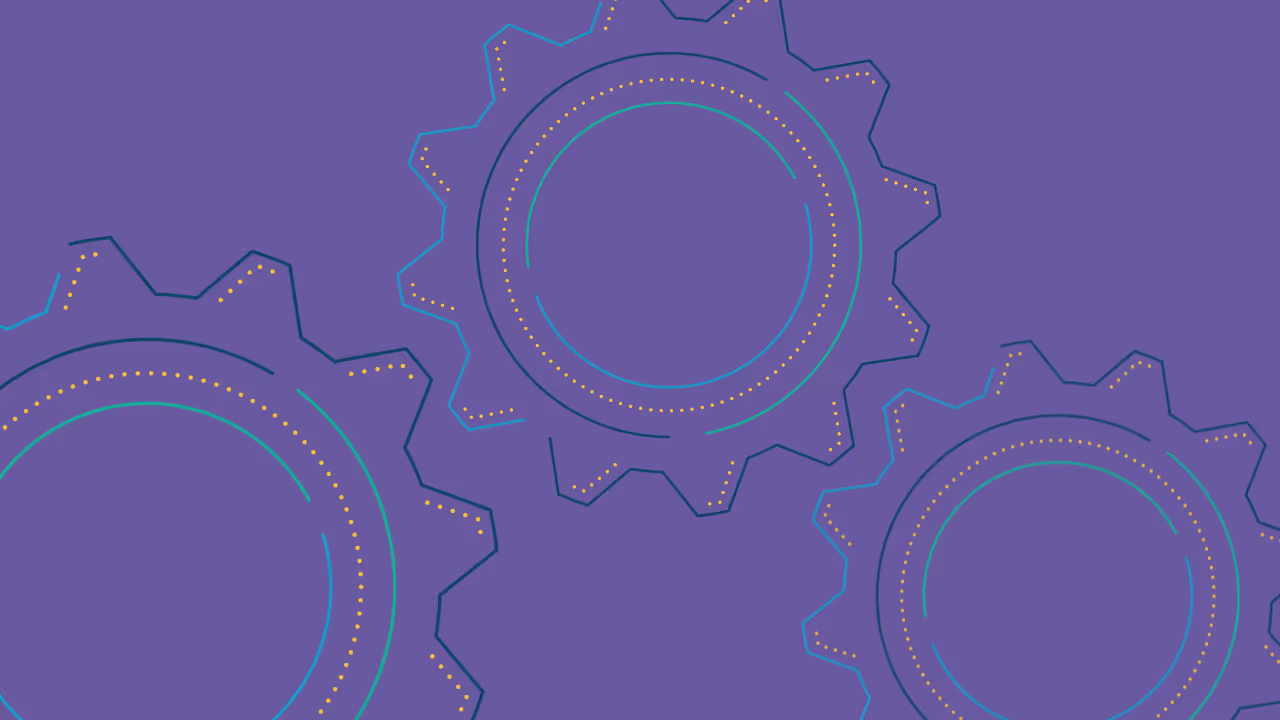
As part of this year’s Humanitarian Networks and Partnerships Weeks (HNPW) we will be hosting an online webinar showcasing a series of innovations in Protection Sector programming in gender-based violence and inclusion of people with disability and older people. Our aim is to showcase the innovations we’ve supported – to bring these new ideas and emerging best practices to a wide audience of humanitarians working in protection, inclusion and GBV programming, as well as technical advisors, and donors.

Join us for a new In Focus series, to discuss the findings and recommendations of a new rapid review, published by Humanitarian Outcomes, In Focus: The role of the humanitarian sector in navigating ethical decisions in Afghanistan.

Join us for a virtual discussion on the findings and recommendations of this review published by Humanitarian Outcomes, Slipping Away? A review of humanitarian capabilities in cholera response. This review is supported by the UK Humanitarian Innovation Hub, and funded by the Foreign, Commonwealth and Development Office (FCDO).
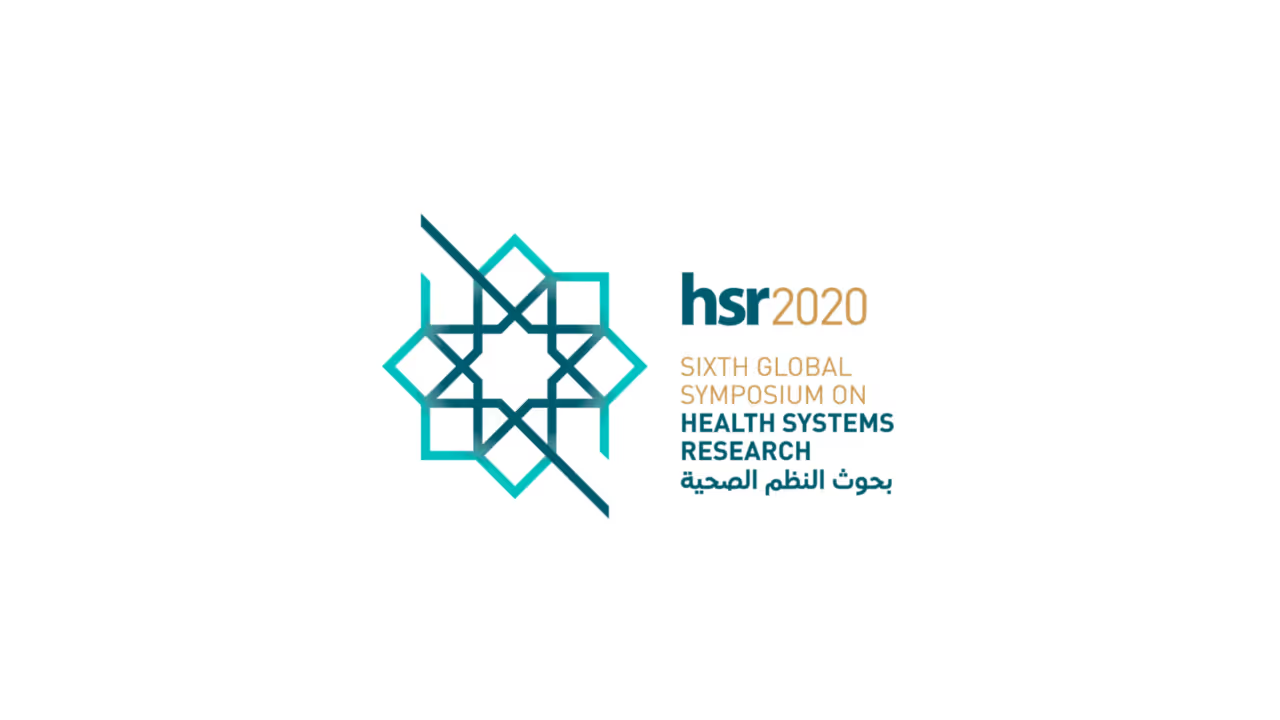
As part of the Sixth Global Symposium on Health Systems Research, our Research for Health in Humanitarian Crises (R2HC) programme will host an online panel discussion exploring how health systems can effectively deliver public health responses to COVID-19 which meet the needs of refugees and internally displaced people (IDP).

Elrha’s R2HC programme and the African Population and Health Research Center (APHRC) will co-host the 3-day Research Forum in Nairobi, Kenya, from 7-9 May, 2025. This collaborative event, for invited attendees, will focus on "Bridging Global Health Research and Humanitarian Response in a Climate-Impacted World."

Join us on Tuesday 15 April 2025, 14.00-15.30 BST for a panel event sharing insights on community engagement and the restitution of findings - returning data, evidence and knowledge arising from research back to communities in a meaningful way. This 90-minute webinar will draw from the humanitarian and research communities to foster a learning discussion, informed by practical experiences and case examples, to inform good practice guidance to improve principles and guidance on restitution of findings.

Gathering meaningful scientific evidence during an outbreak is challenging, particularly in dynamic, resource-limited settings where health systems are stretched and communities face overlapping challenges. Yet in these contexts, understanding how people perceive risk, make decisions, adapt, and show resilience is more critical than ever. Evidence on these important aspects brings real-life experiences into focus and provides a fuller picture to those leading outbreak response of what communities need, trust, and are willing to act on to protect themselves and others. This webinar marks the launch of WHO's interim guidance for social and behavioral research for mpox public health emergencies - the first of its kind - developed to strengthen the quality, ethics and impact of producing such evidence in an emergency response. The guidance builds on the outcomes of a multi-stakeholder meeting held in Kinshasa, Democratic Republic of the Congo, in 2024, which brought together Ministries of Health, researchers and academics, operational partners, civil-society organizations and funders to advance community-centred and evidence-informed mpox public health responses. The report form this meeting will also be launched at the webinar.

We are pleased to invite you to an engaging online session at the UN OCHA Humanitarian Networks and Partnerships Weeks (HNPW) 2025. This unique forum brings together actors and experts from across the humanitarian sector to collaborate on the challenges and solutions that shape humanitarian response and impact lives globally.

In February 2025, we hosted the Humanitarian Innovation Forum in Nairobi, Kenya. This collaborative and co-created event brought together a diverse group of innovators, decision-makers and funders to tackle some of the most pressing humanitarian challenges facing the world today.

Join us for a webinar mini-series showcasing two Elrha-funded innovations in humanitarian gender-based violence programming, and drawing out lessons learnt in the humanitarian innovation process. If you are a donor, innovator or practitioner, this series could inform you of what to fund, how best to innovate, and how to adopt new innovations.

Join us and the Fogarty International Center of the U.S. National Institutes of Health (NIH) for this webinar focused on humanitarian health research in the context of climate change. This hour-long webinar is part of a series in the lead-up to two in-person events in May 2025: Elrha’s Research for Health in Humanitarian Crises (R2HC) Forum and the NIH Global Forum on Humanitarian Health Research (GFH2R), both in Nairobi, Kenya. These events will bring together researchers and humanitarian organisations working in crisis-affected regions, especially in low- and middle-income countries (LMICs). Participants are also invited to join an optional 30-minute session including small, interactive breakout discussions. We aim to engage a broad audience, including academic institutions, research funders, and humanitarian organisations, to enhance understanding of key issues and perspectives in this field.

Join us for a one hour webinar bringing together experts to take stock of MHM in humanitarian response. Experts from the sector will reflect on their field experiences of delivering MHM in different humanitarian settings, examine what we have learned since this research was funded about cross-sectoral best practice, and the outstanding challenges and knowledge gaps for mainstreaming MHM in emergencies.

Our Humanitarian Innovation Fund (HIF) together with The UK Humanitarian Innovation Hub (UKHIH), Creating Hope in Conflict: A Humanitarian Grand Challenge, and UNICEF are hosting a session on the possibilities and challenges surrounding AI use in the humanitarian action. Part of Humanitarian Networks and Partnerships Weeks (HNPW), this event offers participants who might be interested in – or skeptical of – AI the opportunity to dig into the pitfalls and potential of the technology, and identify key actions to enable the safe and ethical uptake of AI for the humanitarian sector.
- Humanitarian Innovation Forum 2025; photo by Elrha